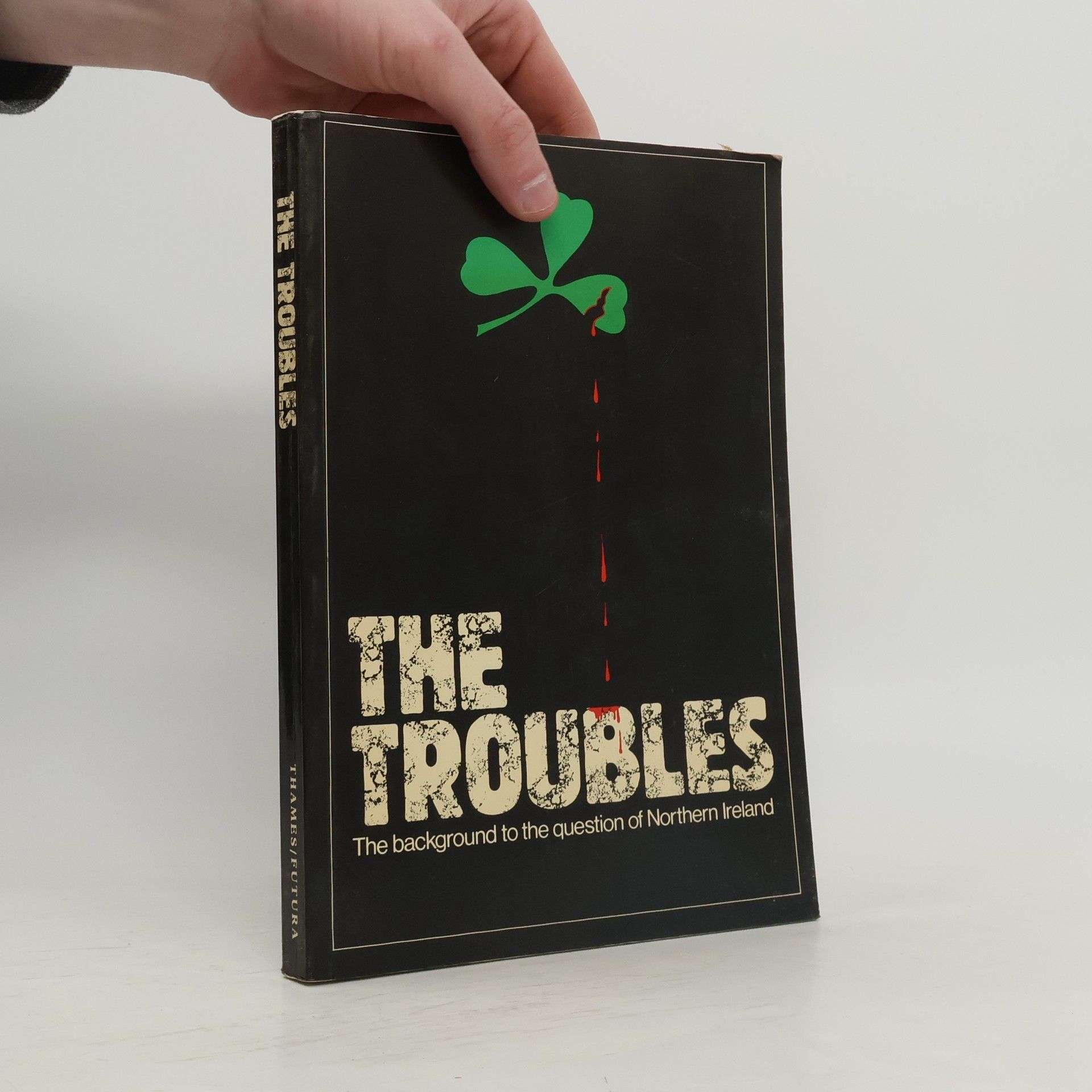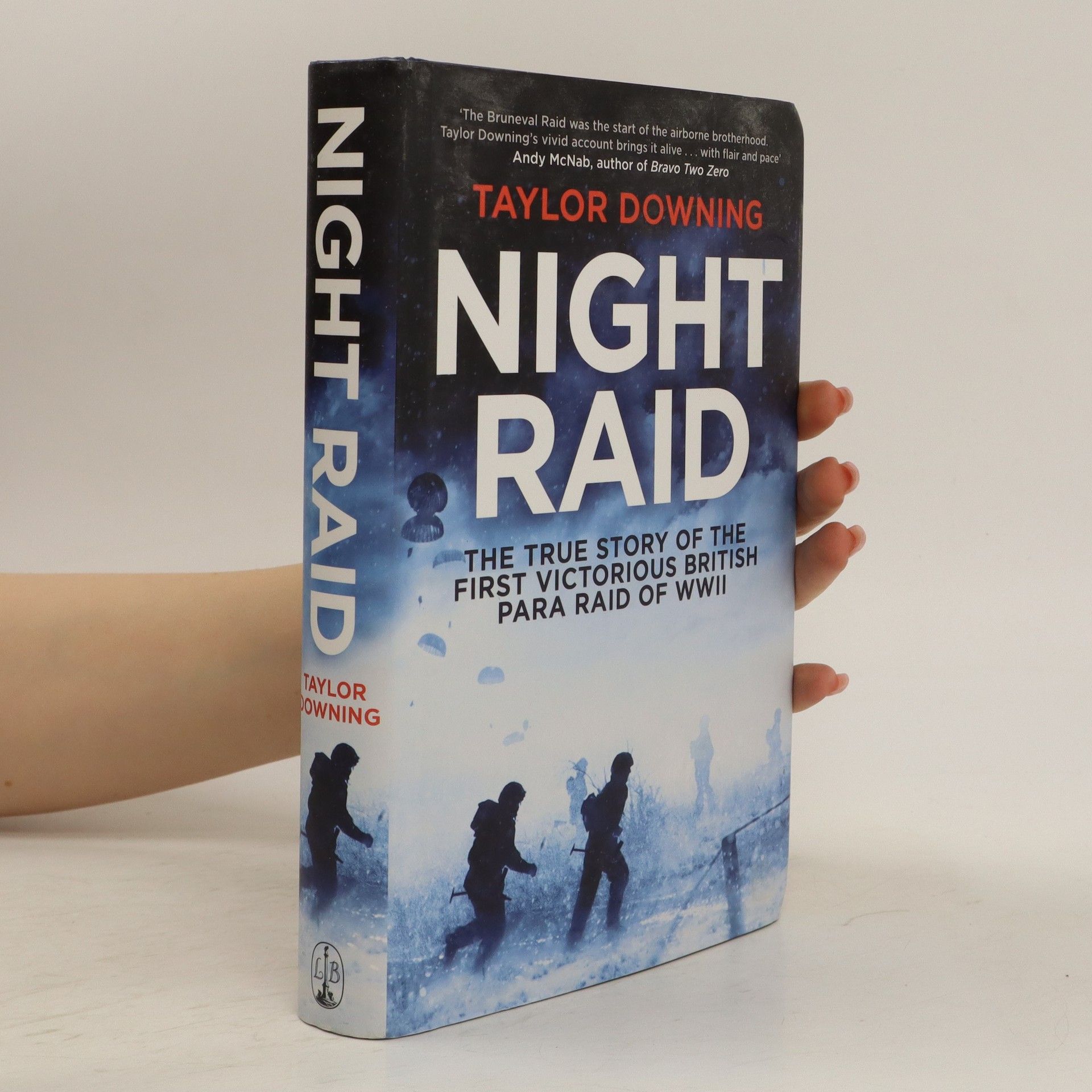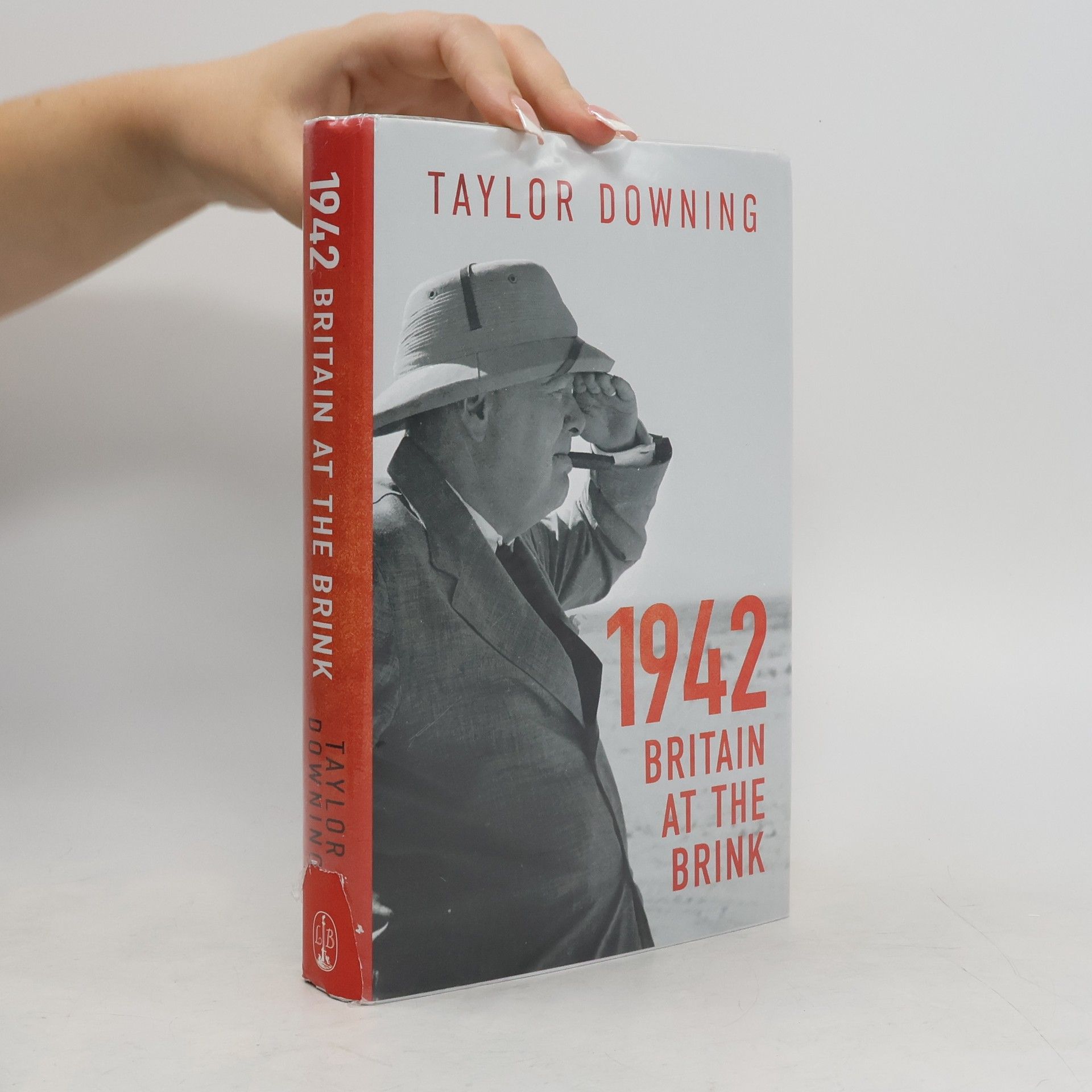1942: Britain at the Brink
- 288pages
- 11 heures de lecture
A gripping new work of popular history about a critical year in world history, and Britain's bleakest hour, by the acclaimed author of 1983: The World at the Brink.







A gripping new work of popular history about a critical year in world history, and Britain's bleakest hour, by the acclaimed author of 1983: The World at the Brink.
1941. British aerial reconnaissance discovered what seemed to be a rotating radar tower on a clifftop at Bruneval, near Le Havre. The decision was taken to launch a daring raid on the Bruneval site to try and capture the technology for further examination. The parachute regiment had only been formed a year before on Churchill's insistence. This text tells the tale of this mission from the planning stages, to the failed rehearsals when the odds seemed stacked against them, to the night of the raid itself, and the scientific secret.
Cold War is the story of the half-century since the end of the Second World War - the story of our lives. Its framework is the confrontation, military and ideological, between two great powers that dominated the world during these years. It is a story of crises and conflict on a global scale: from the Berlin Blockade and the Cuban Missile Crisis, to the tanks in the streets of Warsaw, Budapest and Prague, to spies, student riots and encounters in space. In Cold War, Jeremy Isaacs and Taylor Downing record epic history through the detail of individual human experience: the recollections not only of statesmen whose decisions led to these momentous events, but also of the ordinary men and women whose lives were bound up in these years of conflict. Cold War is the first comprehensive history for the general reader to benefit from the recent opening of Soviet, East European and Chinese archives as well as formerly classified American documents. In a driving narrative that it both gripping and informative, the true story of the Cold War can at last be told.
Leni Riefenstahl's Olympia is one of the most controversial films ever made. Capitalizing on the success of Triumph of the Will , her propaganda film for the Nazi Party, Riefenstahl secured Hitler's approval for her grandiose plans to film the 1936 Berlin Olympics. The result was a work as notorious for its politics as celebrated for its aesthetic power. Taylor Downing provides an indispensable guide to this major work of film documentary. He gives the full story of how Riefenstahl negotiated relative independence from the Nazi authorities by pitting Hitler against Goebbels, the propaganda minister, who wanted complete control. Downing also gives a filmmaker's insights into the logistical and technical problems thrown up by managing a production which employed nearly forty cameramen to shoot 400,000 metres of film. He concludes that though its political effect was to glorify Nazi achievements, the film undeniably set the standard for Olympic filmmaking for the next five decades.
"On 29 May 1944 General George S. Patton gave a speech in the south-east of England to the men of his Army in which he spoke of the American desire to win and of how losing was hateful to Americans. As he rose to his crescendo, he said how much he 'pitied those sons of bitches we are going up against - by God, I do'. On that same day General Omar Bradley gave a calmer speech in Somerset to the men of his Army about how much rested on the upcoming invasion of northern France and how vital their role was in achieving victory. Apart from the very different tones of the speeches reflecting the opposite character of the two Army commanders, there was another big difference. Bradley was speaking to men who in a little over a week would be splashing ashore on the beaches of Normandy. Patton was addressing an Army that didn't exist. The Army That Never Was tells the story of the biggest deception operation of the Second World War - the plan to mislead the Germans into thinking that the invasion of Europe would come at the Pas de Calais, by inventing an entirely fake Army group in the south-east of England. Full of fascinating characters from the US, Britain and Germany, this compelling and propulsive narrative explores one of the most remarkable stories of the Second World War."--
Book by unknown
Jak kryptologové, vědci a vynálezci přispěli k vítězství Spojenců. Downingova kniha Churchillova válečná laboratoř jsou dějiny druhé světové války a úlohy, kterou v ní sehrál Winston Churchill a jeho využívání vědy a techniky ve vedení boje, doplněné o zásadní životopisné údaje týkající se Churchillovy vojenské, novinářské a politické kariéry, jak se vyvíjela do května roku 1940, kdy se stal ministerským předsedou Velké Británie. Autor stvořil práci velice zajímavou, dobře zpracovanou a informačně bohatou, v níž věnuje velkou pozornost Churchillově osobnosti, ale líčí v ní především průběh druhé světové války z pohledu Velké Británie, diplomatické akce, které ji doprovázely (konference v USA, Kanadě, severní Africe, v Teheránu, Jaltě a Postupimi), a popisuje, jak průběh války ovlivnil vědeckotechnický pokrok.